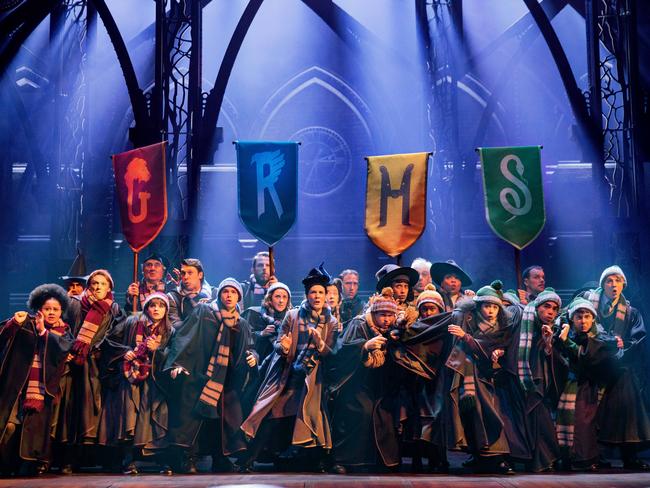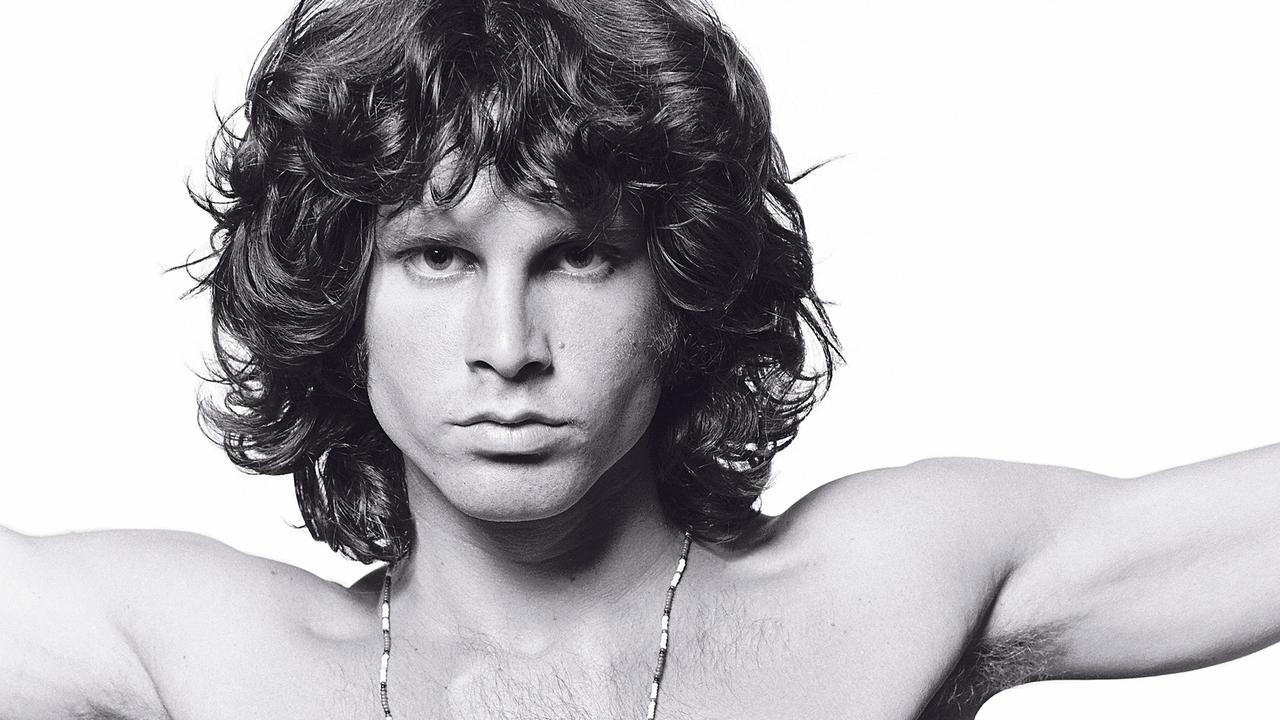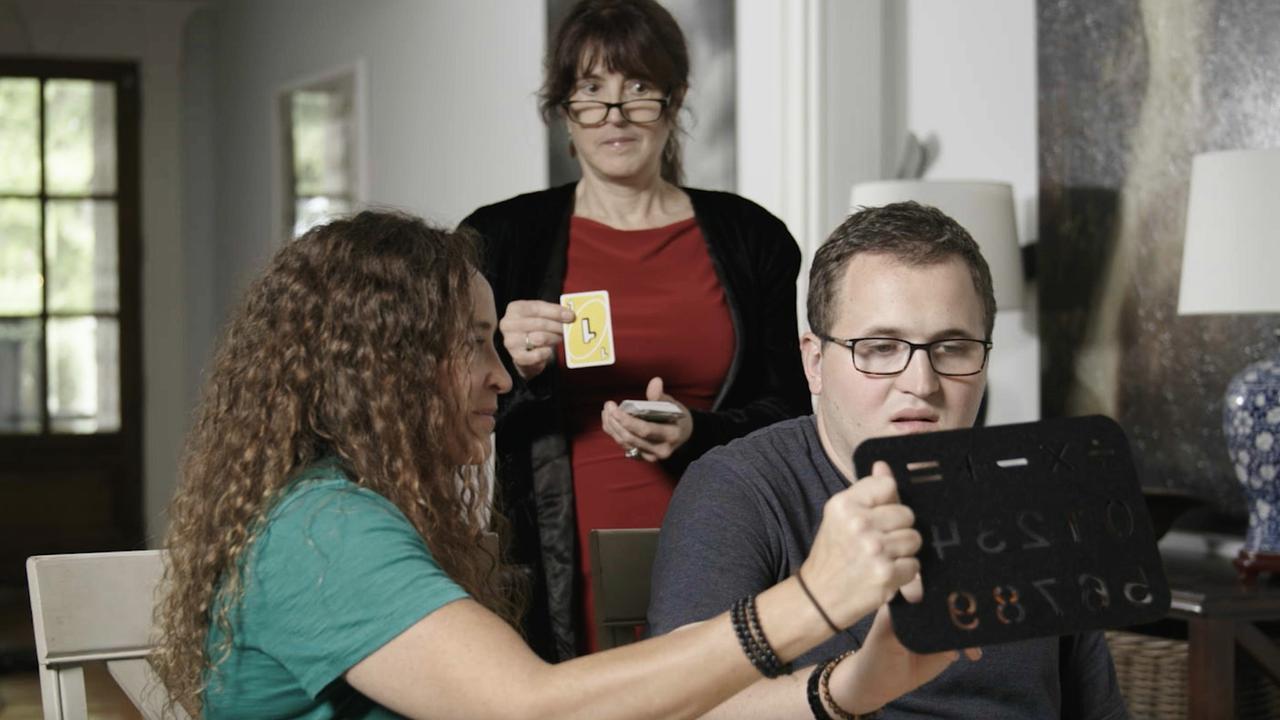Investment and tax incentives needed for entertainment industry near collapse
The arts and entertainment sector will take years to rebuild after the devastation of COVID-19, says Live Performance Australia

In the past six weeks, Australia’s cultural sector — built through decades of dedication, investment and innovation — has been brought to its knees. The devastation to our industry caused by social distancing controls was immediate, profound and wide-ranging.
Venues were shuttered, seasons and festivals cancelled, and the livelihoods of hundreds of thousands of performers, production and technical crews, venue operators and service providers were thrown into uncertainty.
We don’t know when our industry can re-emerge from the shadows of coronavirus, but we can safely assume it will be one of the last to do so when restrictions are carefully lifted.
The ABS last week confirmed the extent of the damage to jobs and livelihoods. The arts and recreation sector shed almost 19 per cent of employees between mid-March and early April. It was the highest rate of job losses after accommodation and food services.
The jobless include the army of casual and freelance arts workers who often also depend on jobs in the hospitality sector to support them between gigs or productions.
Similarly, many hospitality and tourism businesses rely on a vibrant live performance sector for their prosperity. From every direction, the coronavirus has crushed our industry and the livelihoods of those who work in or adjacent to it.
Governments have taken the difficult and necessary steps to combat the spread of coronavirus. What is open to debate, however, is the effectiveness of the response versus the collateral economic damage from the lockdown.
Compared to other countries such as the UK, Germany and Canada, Australia’s response to the collapsing arts and entertainment sector has been paltry to the point of neglect.
So far, the Morrison government has announced only an additional $27 million in funding support. It is, of course, appreciated by the individuals and organisations which will be helped by it, but it is utterly inadequate for a live performance industry that contributes $4 billion annually to the economy as part of a broader creative industry contribution of $111bn to GDP.
The government points to its Jobkeeper and Jobseeker payments as demonstration of its support to the sector. However, the practical experience of many creative industry workers and organisations is that these payments are unworkable. There are neither the jobs to keep nor seek in an industry which has been forced to close overnight. And many of our biggest employers such as arts centres and government-owned venues are ineligible for Jobkeeper.
The government must urgently step up its support for the cultural sector through this crisis period. It needs to prioritise planning for the recovery and be prepared to make substantial investment commitments to help the industry restart and rebuild in the post-pandemic phase.
We need to deal with the reality that coronavirus and the lockdown will continue to affect our social and cultural lives for many months and possibly years. Our access to international markets may be constrained, so there is also a huge opportunity for strategic investments in the development of our domestic industry.
We are going to need tax incentives to kickstart an investment pipeline that has been destroyed both locally and globally.
Maybe the old ways of thinking in Treasury can finally be cast aside and some serious attention will be given to innovative ways of stimulating investment in our cultural sector and the jobs and economic activity it generates.
We will need to invest more in our digital capability. We should be supporting performers and companies to deliver content in new ways.
We need to support our arts and live music venues and their role as local centres of economic, social and cultural vibrancy. We will need to reinvigorate our national touring circuits and provide access to low interest loans to capitalise production and create content for all the venues that we all want to reopen.
We need to revive our festivals, especially in regional areas, where they help local economies thrive.
It’s likely that international travel will take much longer to recover from coronavirus, so let’s make our cultural venues and events the hottest travel destinations for Australians to visit, experience and enjoy while boosting the domestic tourism industry and economy.
Our cultural sector should be front and centre in plans to rebuild consumer confidence and reboot the Australian economy.
The Australia Council needs to be funded as a strategic priority. Its counterparts in the UK, Canada and Germany are being provided with additional and targeted support to boost their cultural sectors. Here, the Australia Council has been left to shuffle a few dollars around as band-aid measures from a diminishing budget.
We support the Prime Minister’s focus on growth and jobs for the recovery phase. We are going to need it.
The post COVID-19 “new normal” poses major challenges but it also provides a huge opportunity.
Big challenges call for big thinking. As an industry we stand together to meet the challenges in front of us. Our survival depends on it. There has never been a more important time for industry and government to work together. We are not sitting on our hands. As our companies haemorrhage and die and our workers line up at Centrelink, we are working on a two-year recovery plan. That’s our timeframe, especially in the absence of sight lines for venues reopening and border restrictions being lifted. As we do all we can, we look to government to show both leadership and imagination in the months and years ahead. Has this government got what it takes? Time will tell.
Evelyn Richardson is the chief executive of Live Performance Australia.


